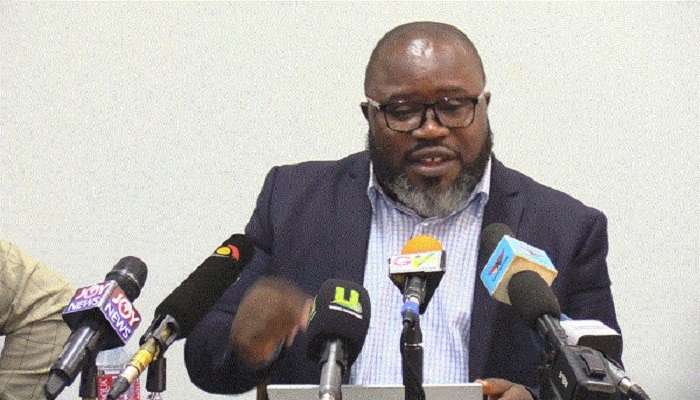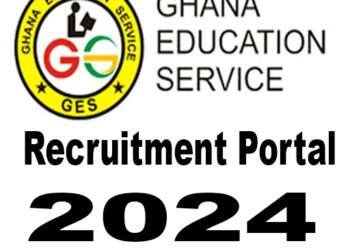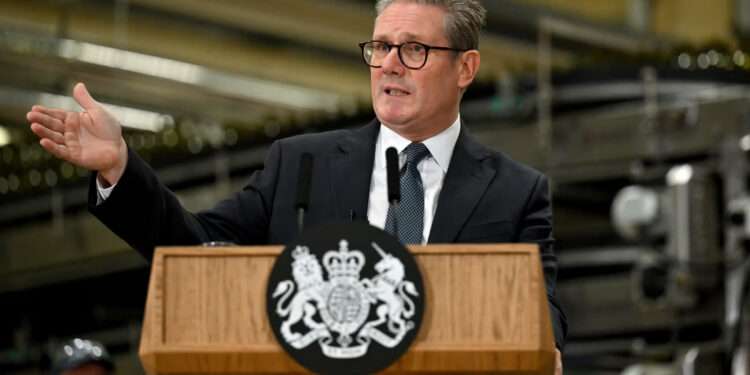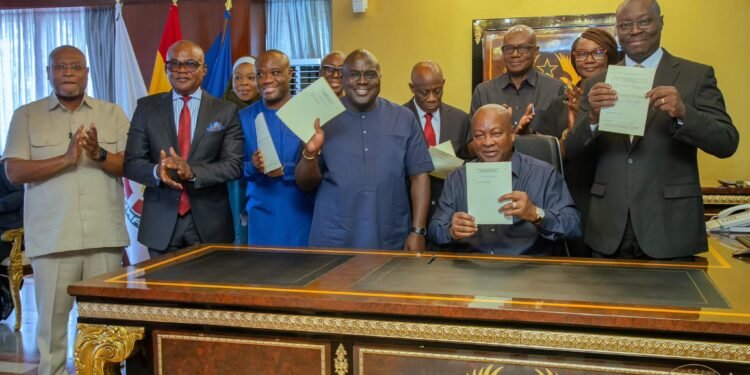Executive Director for Africa Education Watch (EduWatch), Kofi Asare, has called on the finance ministry to relax its cap on Getfund allocation ahead of the 2022 Budget reading slated for November 17, 2021.
According to him, along with some CSOs, they have submitted a proposal to the ministry of finance with respect to their input into this year’s budget. Mr Asare revealed that this year’s “budget is critical” as they are mindful of the fact that there is the tendency for the budget for the sector to be cut or witness “significant reduction”. This, he noted, will reflect in how much should have “proportionally” been made available to social sectors including education.
“We have asked the ministry of education to, as a result of the deficit in financing for instance, education infrastructure at the basic level to relax the cap on the GetFund. GetFund is currently capped at 25% which is virtually denying the application of up to 70% of what should have been allocated to GetFund. If you look at the basic education sector for instance, in 2020, very few basic schools were built, about 240 junior high schools and only 100 primary schools. We have a problem at hand where about 4,000 primary schools do not have junior high schools”.
Mr Kofi Asare
Basic education infrastructure
In highlighting his expectations from government ahead of the 2022 budget reading, Mr Asare indicated that he expects the finance ministry to also “free resources” to develop basic education infrastructure. He indicated that this is necessary to ensure that the ministry of education will have a plan to at least in the next four years assure Ghanaians that every primary school will have a junior high school.
“The focus is mainly on basic education because that’s where we have funding deficits”.
Mr Kofi Asare
Touching on the area of teachers, the Executive Director for EduWatch posited that the education ministry wanted to engage 40,000 teachers this year although he learnt that “600 or so” were given clearance.
Following this, he expressed worry over the thousands of classrooms without teachers. Mr Asare explained that the ministry’s agenda will only succeed if its “one classroom, one teacher” is fulfilled.
“So, we really want to see the finance minister present a budget where not only education is increasing its share of the expenditure but basic education is receiving significant money to enable the ministry to engage the extra teachers in need, even though we know that there are surplus teachers that need to be redistributed into the system; most importantly, connect more funding to expand basic education infrastructure”.
Mr Kofi Asare
Mr Asare disclosed that last year, about “14% of the budget” went to education and a sizeable chunk went into the “servicing of debt”, a phenomenon he isn’t “enthused” about.
“For example, out of GHC1.4 billion that was allocated for GetFund, 60% of that money went to service debts. So, it is hard for me to note that… the allocation of the budget to the education sector has a percentage of the entire public sector… But we want to be cautious for now and note which areas the increase [is] affecting and most importantly, have it in mind that the global benchmark is to have 20% of public sector expenditure on budget allocated to education”.
Mr Kofi Asare
Read Also: Tema Central MP Suggests Outsourcing law School Training




















